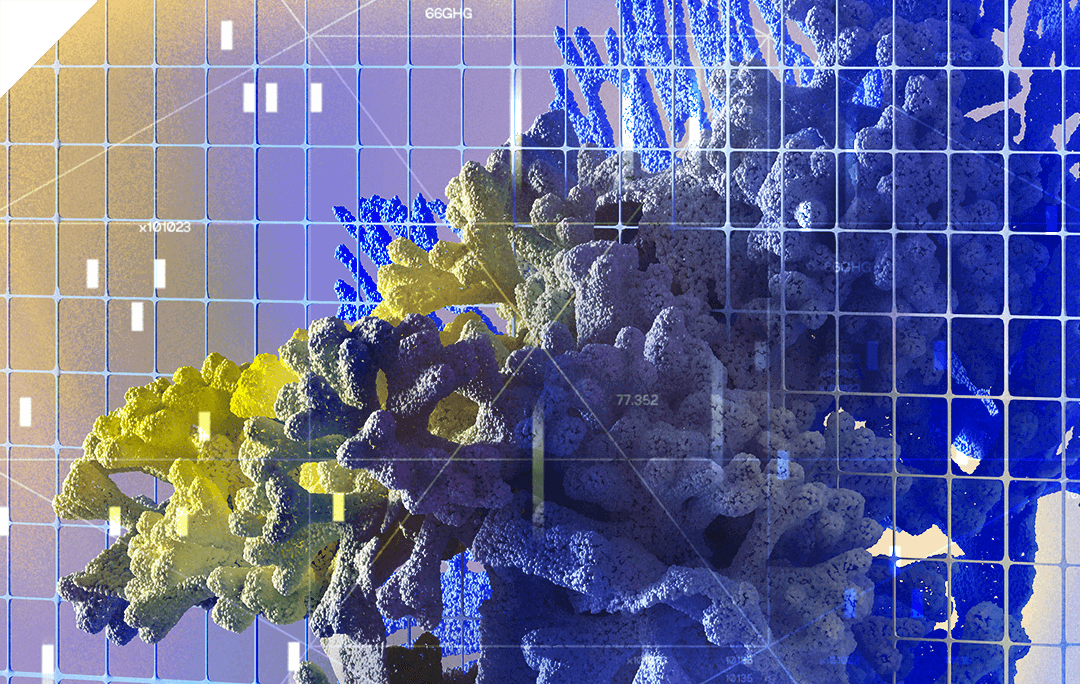The race to deliver artificial intelligence (AI) solutions has ramped up to a meteoric pace since the introduction of ChatGPT in late 2022 and Microsoft’s AI-based chatbot in early 2023. AI’s ability to automate and optimize tasks has already made it particularly well-suited to business operations across industries. However, consumers are discovering the technology’s personal applications, and interest in AI has never been higher.
It’s within this context that modern society must acknowledge the growing risk. If AI isn’t kept in check, it could wreak unprecedented havoc. Historically, it’s never been good to have too much power in the hands of too few individuals (or corporations). The same is true for technology like this. While AI has undoubtedly revolutionized the way people live and work, it’s essential to remember that society risks losing what makes it human if it doesn’t learn to integrate it with democratizing technology like Web3.
The Challenges Facing AI Today
AI faces its share of challenges, which extend beyond the growing number of critics who fear it taking over jobs (or the world). For one, AI relies on massive amounts of data to “teach itself.” There are limitations to how this data can be accessed, stored, and — most importantly — protected.
The other main concern has to do with the companies behind the technology. Whoever controls the program has power and influence over systems and vast quantities of data. Additionally, if artificial intelligence is being developed by a select few, it can result in a lack of diversity in perspectives and approaches. Similarly, if it’s owned by a single company that has a monopoly on the market, technological advances can be few and far between.
The Emergence of Web3
As trust in the internet — and governing bodies — continues to erode, there’s a growing movement to shift control from the concentrated few to the many and reinvent the World Wide Web. So while society transitions toward a more decentralized world, users are incorporating this into a new digital infrastructure known as Web3 (shorthand for “Web 3.0,” or the next iteration of the internet).
With the current version of the internet, corporations wield a disproportionate amount of power over what users can and cannot see. And, in some parts of the world, governments actively censor digital information. The goal of Web3 is to prevent any entity from gaining too much control over the internet. Instead, it embraces the power of the individual and distributes its data across a vast network instead of centralized servers. Users enjoy greater ownership of their data and can play an active role in how their information is accessed and shared. Web3’s blockchain technology allows for decentralized, peer-to-peer transactions that eliminate the need for intermediaries.
As AI evolves, Web3 can help people use the technology more ethically, securely, and transparently.
Improving AI with Web3 Technology: 4 Key Strategies
Web3 is poised to address the challenges AI faces in four key areas. This new version of the internet is creating a space for individuals to interact directly with one another without the need to involve intermediaries. Because of this, Web3 will provide AI with stronger data privacy, a more distributed network, greater accountability, and opportunities for collaboration.
1. Data Ownership and Privacy
Large corporations such as Google and Facebook have traditionally held considerable power over users’ personal information, which they use to teach their AI systems. Oftentimes, users have no knowledge of how their data is being collected, used, and often exploited for monetary gain. For individuals who want control over their data and privacy, the current digital landscape is nearly impossible to navigate.
Web3 places data ownership in the hands of the individual, so the user chooses exactly who can access their personal information. As a result, AI algorithms that integrate with Web3 will be able to use data more ethically and responsibly than they do under the current iteration of the internet. Ultimately, users can enjoy greater privacy with this approach.
2. Decentralization
A core tenet of Web3 is that there shouldn’t be a central authority controlling data or applications — nor should there be a central storage location. Rather, data and applications are distributed across a network of nodes. When an AI algorithm is deployed on a decentralized network, it’s more resilient and less susceptible to system failures or malicious acts. Cybercriminals can’t target a central point of entry and simply hack into an AI system on Web3. The application is deployed across multiple nodes and the data isn’t sitting in a single file.
Data breaches already cripple organizations (and governments), and the average attack costs upwards of $9.4 million. If data is distributed across different networks, as it is in Web3, breaches won’t effect the entire data set and the impact will be much less severe. As AI technology is being integrated into critical industries like healthcare, transportation, finance, and agriculture, if a malicious actor breaches a centralized AI system, the effects are far-reaching.
Decentralization not only strengthens data security, but also protects users from technology being unfairly monetized, politicized, or weaponized. If proprietary technology (such as an artificial intelligence program) is controlled by a handful of corporations, there’s a chance that it could lead to a concentration of power. If that concentration of power is then misused, it can harm users. For example, a company could monopolize the market and drive up costs for consumers. It could also influence how its AI processes data, which biases the system and can lead to inaccurate (and sometimes discriminatory) results. Democratizing and decentralizing AI distributes the power and reduces these risks.
3. Transparency
Much of the pushback on AI systems comes from the shroud of secrecy and closely-guarded intellectual property. People don’t trust AI. The decentralized nature of Web3 provides opportunities for greater transparency and accountability and can make it easier for users to audit the technology. Third-party developers can verify the data and algorithms that an AI system utilizes to check for any bias or discrimination, and the AI’s output can therefore be trusted more.
4. Collaboration
Siloed information stunts innovation. It’s true in business and it’s true with artificial intelligence. In the current digital landscape, teams of brilliant engineers are competing against one another to develop AI systems, but they are using limited data and creating fragmented solutions in the process.
Web3 allows AI systems to collaborate, fill in gaps, and drive more accurate and effective results. By using decentralized networks, AI systems can share data and insights without the need for intermediaries, which can lead to more significant breakthroughs and advancements.
Web3 Lets Humans Coexist and Collaborate With AI
AI has been assisting businesses and driving industries for more than a decade, and its practical applications have so far outweighed the risks. To safely move forward, however, users must place checks and balances to avoid monopolizing technologies. AI needs to be integrated with democratizing technology like Web3. After all, AI is a tool that drives innovation and shapes the future — and there’s considerable power in this. With power comes responsibility and the need to craft a more secure, equitable approach.
By adopting Web3, users can ensure that AI is used ethically, transparently, and in a way that benefits all of society. Its decentralized nature and democratic system can help humans harness AI without devolving into power struggles, greed, or technological stagnation. For a future in which people and machines coexist, the underlying infrastructure needs a considerable overhaul, and Web3 is the solution.
At Myosin, we’re positioning our clients for the transition to Web3 by developing growth marketing solutions that place the human element at the center of it all. Whether it’s reputation management, brand development, media buying, or campaign building, we balance data science with emotional connections to drive conversions. Learn how your organization can benefit from our forward-thinking marketing approach today.





